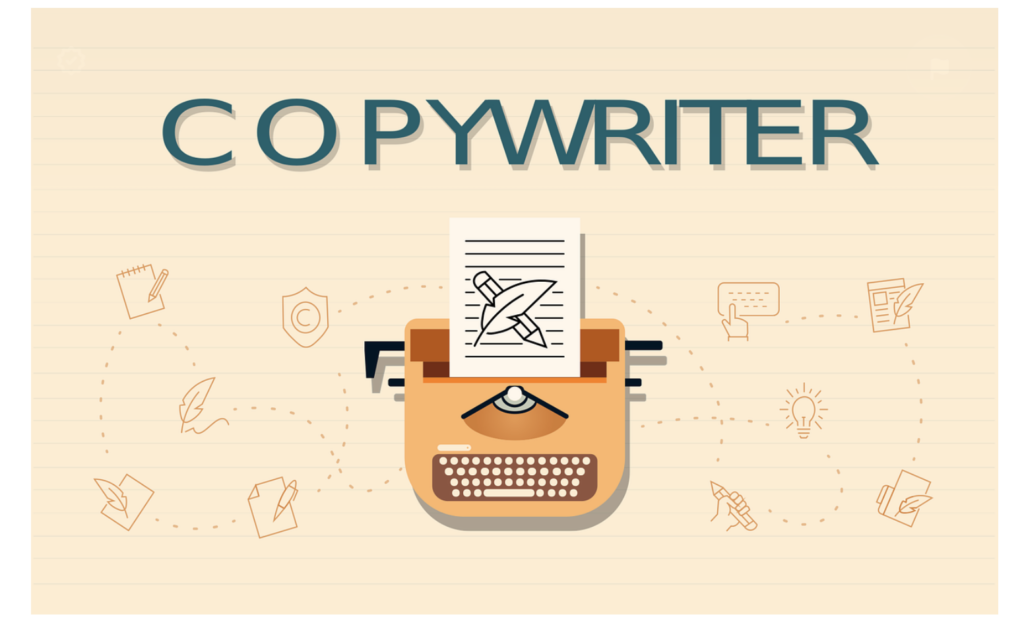Disclosure: Some of the links on this site are affiliate links, meaning that if you click on one of the links and purchase an item, I may receive a commission. All opinions however are my own.
Copywriting has become a buzzword since it can be lucrative and doesn’t necessarily have a high entry barrier.
Anyone can cobble together a couple of sentences in hopes of selling something. True copy, on the other hand, takes creative thinking, experience, and attention to detail.
Do you want to become a copywriter whom clients are happy to recommend and rehire any time they need a new marketing email, ad, or whitepaper? This article will take you through the basics of what it takes.
Which Skills Do You Need to Master?
Copywriting rests on knowing how to write persuasively and with engagement. However, that’s only one of the tools you need to hone your craft. Depending on your chosen route, the writing part might not even take up most of your time. So, here’s everything you need to focus on.
P.C: PIXABAY
1. Writing copy
Learning how to write copy that boosts sales figures and keeps customers coming back is the skill your entire copywriting career will rest on. Who would have thought?
You don’t need a degree to write good copy. One in creative writing or English helps, though, especially if you’re interested in working as an in-house copywriter.
Whether you have adjacent experience or are naturally inclined, you’ll have to tackle copywriting specifics like learning how to write an attractive headline & value proposition.
You’ll want to absorb the wisdom other copywriters dispense through free resources or a course. Theory can only get you so far, as you’ll learn the most by doing.
2. Communication skills
Copywriters work closely either with their team or clients, so knowing how to communicate clearly is invaluable. Creating copy everyone is satisfied with on your first try is far more likely if you get all the info from your client and hammer out expectations beforehand.
You’ll sometimes need to explain your creative process or receive negative feedback you don’t agree with. Being able to present your side while maintaining a cordial relationship with the other will help you complete projects and remain professional.
3. Curiosity & empathy
Aren’t these traits? Yes, but they’re also skills you’ll need to refine to become competitive.
Copywriting isn’t about convincing disinterested readers to buy whatever you’re peddling – it’s convincing interested parties that yours is the best solution to their specific problem. Curiosity & empathy each help in their own way.
Curiosity should underpin any copywriting attempt. The best copywriters do their research, ask questions, and seek to understand all they can about the topic at hand. The more credible information you have, the more compelling a case you can make.
Empathy is the ability to put yourself in your readers’ shoes. If you know what their pain points are, you can better explain how your product or service will make them disappear. Empathy ensures readers find your copy relatable and makes further engagement far more likely.
4. Understanding core marketing principles
Your copywriting efforts will almost always be part of a client’s broader marketing strategy. Familiarizing yourself with concepts like the sales funnel and search engine optimization will help you tailor your copy to a client’s demands.
Direct-response copy is the kind you’ll find on landing and service pages. It’s designed for visitors to take one look at and decide to act.
Making some is completely different from writing copy, like blog posts that establish the site as an authority on a subject and create long-term engagement & loyalty. Knowing the difference is essential, as is tailoring your writing to the right audience.
5. Confidentiality & data security
Unless you attain an in-house position that isn’t in the copywriting services-providing company, you’ll be working with a wide array of clients directly.
Sometimes, crafting the best copy will involve asking for information a client isn’t ready to share with the public just yet. Whether or not they want you to sign an NDA is irrelevant. As a professional, you’re obliged to keep any client interactions, sensitive information, and digital assets confidential and secure.
Developing responsible cybersecurity habits is key to maintaining any confidentiality assurances. That means you’ll want to organize and keep encrypted backup copies of past and active client files.
You’ll also want to practice due diligence with any freelance platform, cloud storage, or communication app accounts. That means unique and strong passwords for each important login.
You shouldn’t waste time coming up with and tracking a growing number of login details, so have a password manager do the job instead. They can also replace the same unreliable passwords you’re currently using with new ones and can easily scale up as your needs grow.
6. Time management
Short deadlines, multiple clients, and strict project timelines are part & parcel of a copywriter’s work experience. You won’t get things done if you don’t effectively manage your time.
It’s equally prudent to set aside time each day and week to unwind. Burnout is a serious concern and can creep up on you, so establishing a healthy balance is something to work towards from the beginning.
7. Building Up Your Portfolio
Meritocracy is among the most attractive aspects of copywriting. Few clients will care about anything else if you prove your writing chops are up to snuff. You do this by creating and marketing your copywriting portfolio.
Before anything else, you need to figure out the niche and type of copywriting you want to specialize in. It’s best to start with a field you already know something about and won’t have trouble keeping interest in. Fashion, sports, wellness, and the latest gadgets are all good examples.
You may have already made relevant portfolio pieces if you took relevant classes or went to a portfolio school. If not, you should start with yourself. Develop a landing page & other copy that showcases your skills.
Reach out to your existing contacts and offer your services. They don’t need to pay you or accept the results – it’s all about gaining hands-on experience and discovering your voice.
Quick Links:
Conclusion: How to Become a Copywriter?
As your portfolio and experience grow, so will your opportunities. The most successful copywriters regularly author guest posts and even transition into teaching or selling courses.
Even if you don’t reach such heights, getting a steady stream of well-paying work isn’t hard to attain.


